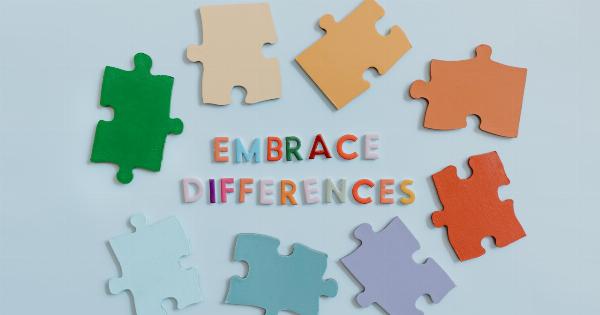Anorexia nervosa, commonly known as anorexia, is a debilitating mental health condition typically associated with females.
However, recent research suggests that males are increasingly affected by this eating disorder, challenging the notion that it is exclusively a female issue.
Understanding anorexia
Anorexia is characterized by an intense fear of gaining weight or becoming overweight, leading to severe food restriction and excessive weight loss. Individuals with anorexia often have a distorted body image and an obsessive desire to be thin.
It is a complex disorder that affects both physical and psychological well-being.
Misconceptions and stereotypes
Traditionally, anorexia has been portrayed as a disorder that primarily affects adolescent girls and young women.
Society has perpetuated the stereotype that females are more susceptible to developing an eating disorder, particularly one as severe as anorexia. Unfortunately, this misconception can prevent males from seeking help or receiving a proper diagnosis.
Increasing prevalence in males
Recent studies have shown a concerning increase in the number of males affected by anorexia. While the majority of those diagnosed continue to be female, the proportion of males seeking treatment for anorexia has been steadily rising over the years.
This leads experts to believe that it is not solely a female problem but rather a condition that can affect individuals of any gender.
Unique challenges for males
Males facing anorexia encounter unique challenges that differ from those experienced by females. One significant hurdle is the stigma surrounding eating disorders in men.
Due to the false notion that anorexia is exclusively a female problem, males may feel embarrassed or ashamed to seek help. This can lead to delays in diagnosis and treatment, exacerbating the already serious health risks associated with anorexia.
Cultural and societal influences
Societal and cultural pressures play a crucial role in the development of anorexia in males. In many societies, maintaining a muscular and lean physique is highly valued, placing immense pressure on men to conform to an unrealistic standard.
This emphasis on the ideal male body can trigger body dissatisfaction and a desire to control weight and appearance through disordered eating behaviors.
Recognition and diagnosis
Recognizing anorexia in males can be challenging, as it is often overlooked or misdiagnosed. Healthcare professionals might be less likely to suspect an eating disorder in males, leading to delayed or incorrect diagnoses.
Consequently, many males suffering from anorexia are left without the necessary support and treatment, exacerbating the potential health risks associated with the condition.
Risks and consequences
Like females, males with anorexia are at risk of numerous physical health complications. Severe malnutrition can lead to organ damage, weakened immune system, heart problems, and even death.
Furthermore, the psychological impact of anorexia can be equally devastating, with increased rates of depression, anxiety, and suicide among males afflicted by this eating disorder.
Treatment and support
Recovery from anorexia in males requires timely intervention, comprehensive treatment, and ongoing support. It is essential to address the underlying psychological factors contributing to the disorder and develop a personalized treatment plan.
Medical professionals, therapists, and nutritionists often form a multidisciplinary team to guide individuals on their journey to recovery.
Raising awareness
Increasing awareness about anorexia in males is crucial to break down the stereotypes and misconceptions surrounding the disorder.
Education on the signs and symptoms of anorexia in males can help healthcare professionals, family members, and friends identify cases and provide the necessary support. By amplifying the conversation around male anorexia, individuals can receive timely treatment and improve their chances of recovery.
The importance of seeking help
If you or someone you know is struggling with anorexia, regardless of gender, it is imperative to seek help. Anorexia is a serious condition that requires professional intervention.
Reach out to a healthcare provider, a therapist, or a helpline specializing in eating disorders to start the journey towards healing and recovery.





























